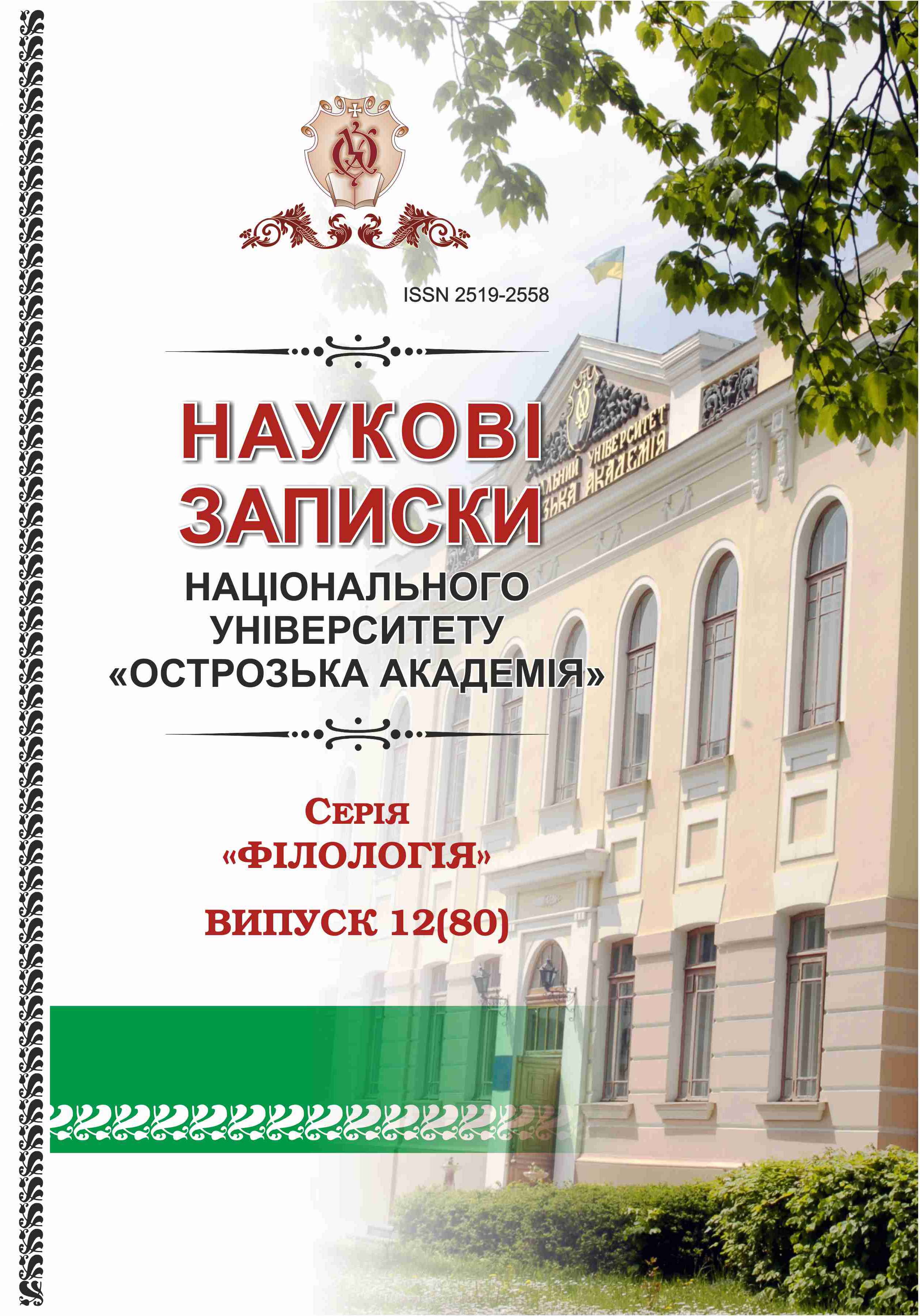THE PHENOMENON OF PANDEMIC VOCABULARY: FEATURES OF CORONALOGISM FORMATION AND THEIR TRANSLATION INTO THE UKRAINIAN LANGUAGE
Keywords:
coronalogisms, pandemic lexis, mechanisms of word formationAbstract
The paper deals with the coronavirus neologisms in the English and Ukrainian languages which are now becoming widespread. English as a global language reflects the profound effect the outbreak of COVID-19 has had on the lives of people worldwide. Any living language, being a dynamic entity, adapts to changes occurring in the life and culture of its speakers. The coronavirus pandemic has caused the linguistic change and adoption of new phrases as a part of the emergency response to the disaster, such as coronacoma, morona, zoomping, covidient, Blursday etc., across the globe. According to the results of studying the development of the English language and emergence of new words due to the coronavirus pandemic as well as defining the ways of coronalogisms formation, it was found out that the most common language mechanisms of their creation are telescopy, abbreviation, and compounding, while the most frequent word-forming stems of these neologisms are the following: -covid-, -coron- and -quaran-. Due to the wide-spread use of English coronalogisms, the Ukrainian language has also been profoundly enriched by a number of their calque (coronapocalypse) or transliterated (covidiot) variants. Considering this, the article discusses and identifies the most effective ways of translating coronalogisms from English into Ukrainian. It was found out that the content of some coronaneologisms cannot be adequately conveyed in Ukrainian by transcription / transliteration or calquing only, so in most cases descriptive translation should be used. The paper also outlines the prospects for further study of lexical transformations caused by the pandemic in both English and Ukrainian.

